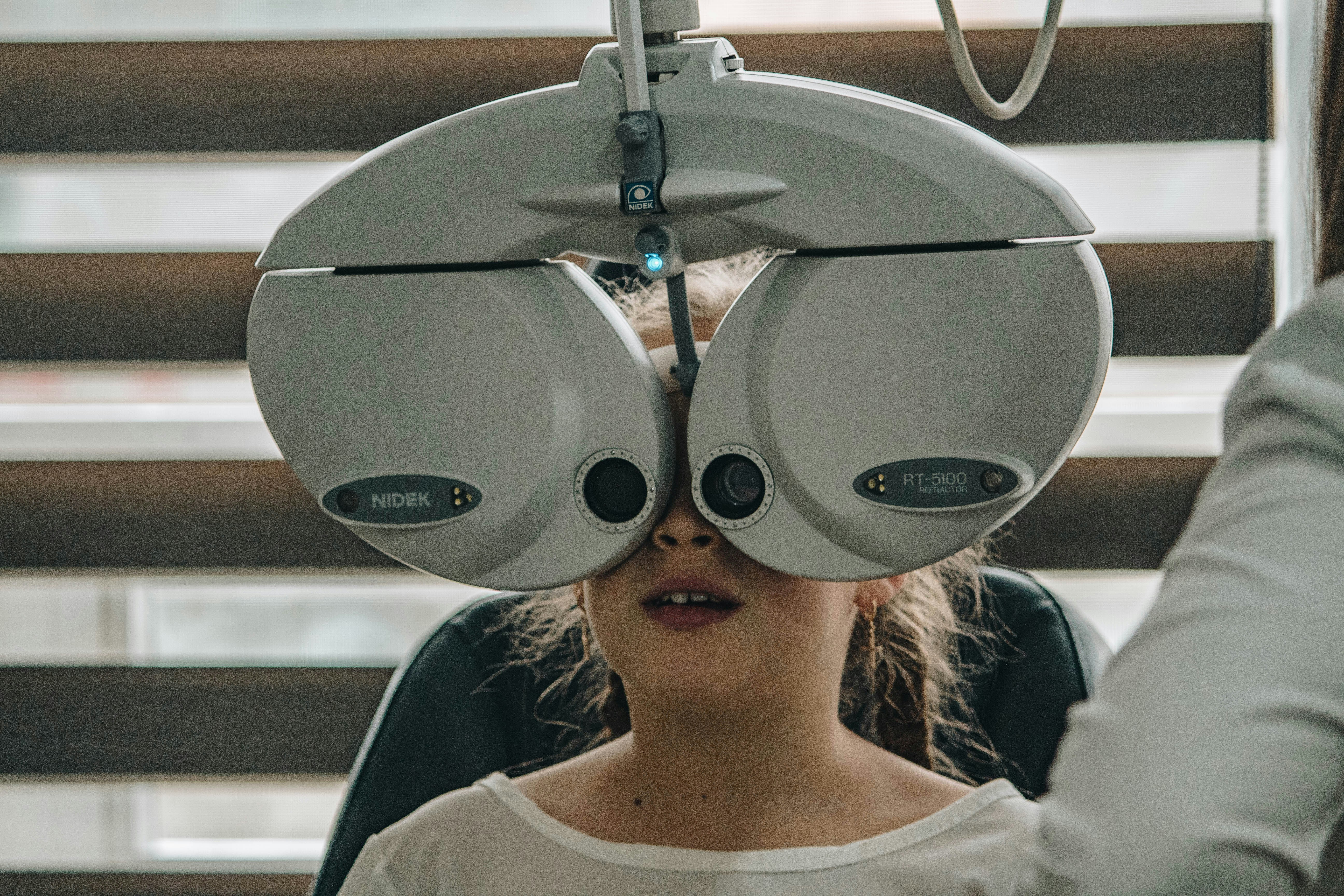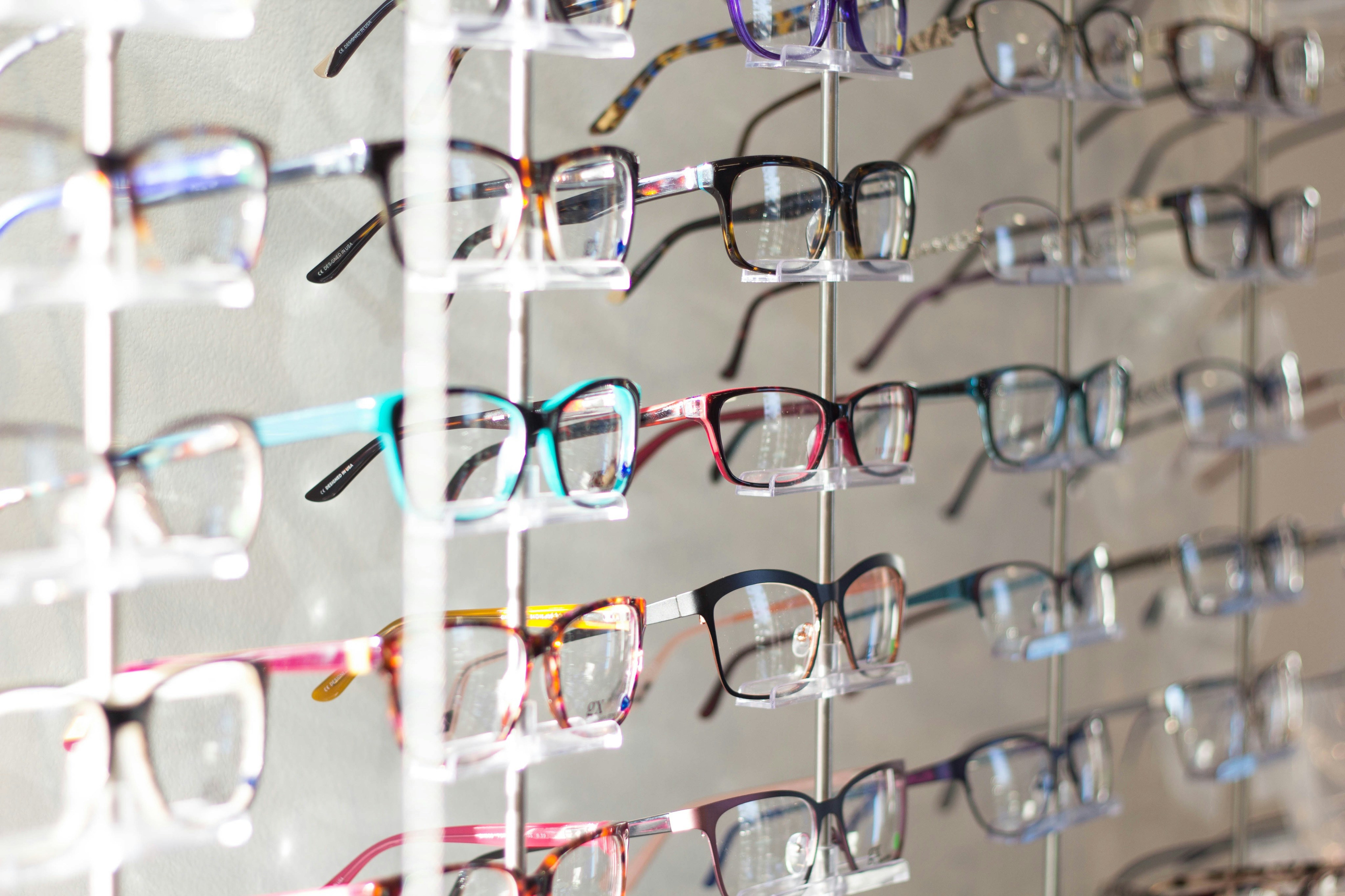Sometimes there comes a time that we seemingly dread, as minimal as it may be. Our vision begins to fade, and it’s not as strong as it was once was. If this is you, it may be time to consider getting glasses. When that day comes, it’s important to have everything in order especially in terms of your health insurance plan and access to the proper doctors and eyewear.
Getting an Eye Exam
If you’ve noticed your vision blurring or find yourself squinting a lot more when reading or watching T, arranging an eye examination may be in your best interest. Private health insurance policies cover all or part of the cost of various treatments and services, including optical.
However, Medicare does not cover care under optometrists, opticians, and other related specialists. Medicare patients are suggested to look into extras cover, or general or ancillary cover, to provide health insurance coverage in these cases. Policies are classified under three categories with inclusions and exclusions – comprehensive, medium, and basic.
Comprehensive coverage supports patients for optical health in the case of lenses or frames to improve vision. Medium covers all optical health, and basic coverage takes care of all other policies that don’t meet requirements or comprehensive and medium health insurance plans.
Please note that basic policies may include coverage for a certain treatment or service, but there are specific exclusions and rebate limits that apply. It’s important to evaluate those exclusions when selecting a health care provider for you or your loved ones.

Poor vision can cause other physical symptoms.
Beyond the rubbing of our eyes to gain focus or the double vision we may experience, vision loss can also impact our health in more ways than one. Headaches can be brought on by excessive strain and struggle. For example, farsightedness or astigmatism can both cause near and distant objects to seem blurry, causing us to have eye fatigue and strain. This frequent strain leads to headaches.
Vision loss is also associated with some common health problems that we may already have. With private health insurance, it’s important to remember that you may have waiting periods that apply for extras cover. This is the case if you’re getting private health insurance plans for the first time or are upgrading your individual health insurance policy.
For pre-existing conditions, a maximum waiting period of twelve months could apply for certain procedures. In most other situations, two months is the maximum waiting period. Waiting periods for extras cover are set by the health funds, so it’s a good idea to compare private medical insurance policies and opt for the insurance policy that is right for you.

Regardless of age, vision loss can impact us.
Whether eight or 80, the need for glasses can arise at any age. Blurry vision can even affect infants and toddlers, as opposed to a gradual deterioration that most of us can experience with our eyesight over time. Family medical insurance is a viable health insurance coverage concept that will assure a safety net for you and your family members.
Glasses and contacts are not covered by Medicare but are part of an extras cover that is commonplace in family medical insurance policies. Family health insurance can help out families in varying stages. If you’re planning on having children or considering expanding your family, it’s worth considering this health insurance policy right away. Even if you’re done having children, it’s best to evaluate more concrete health insurance policy options for that extra peace of mind when it comes to optical care and other services. Keep in mind, children are covered by most health insurance providers until they turn 25, depending on their residential and relationship status.










